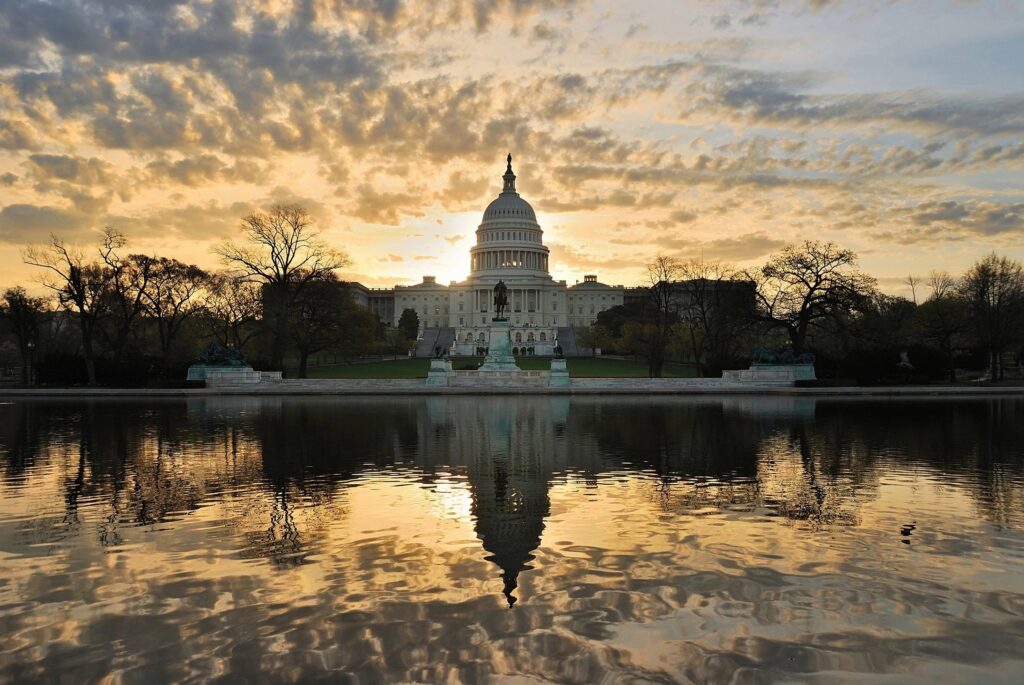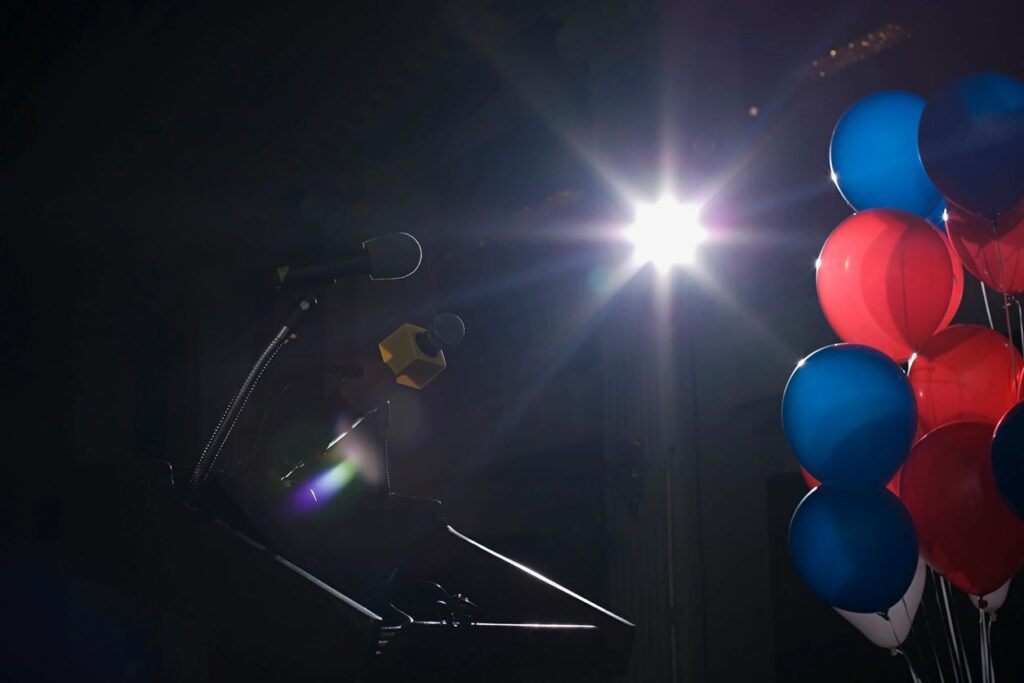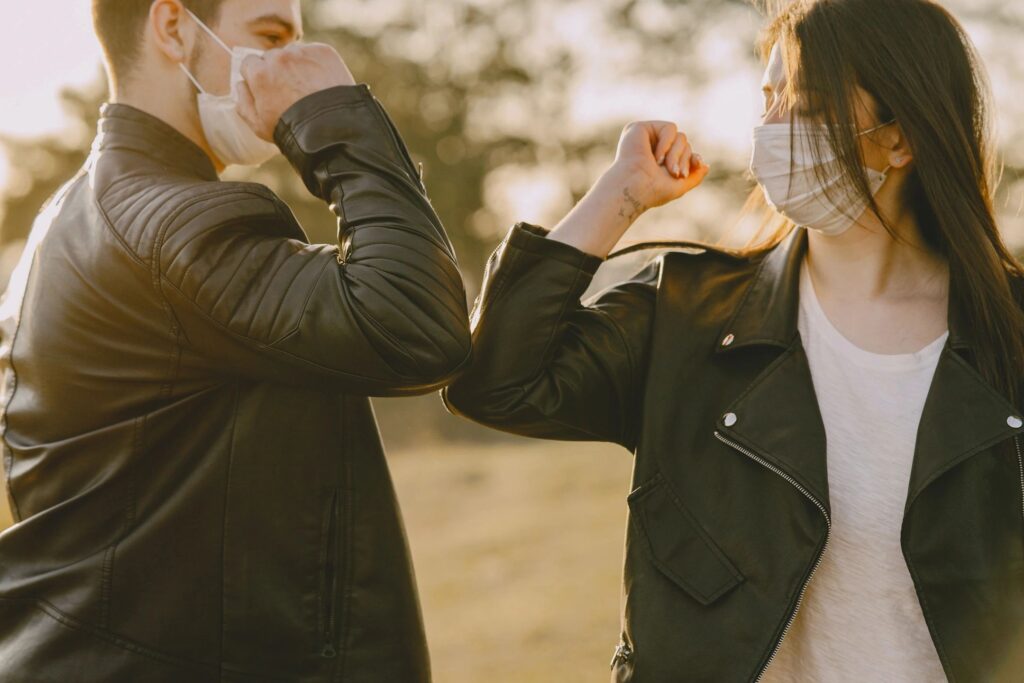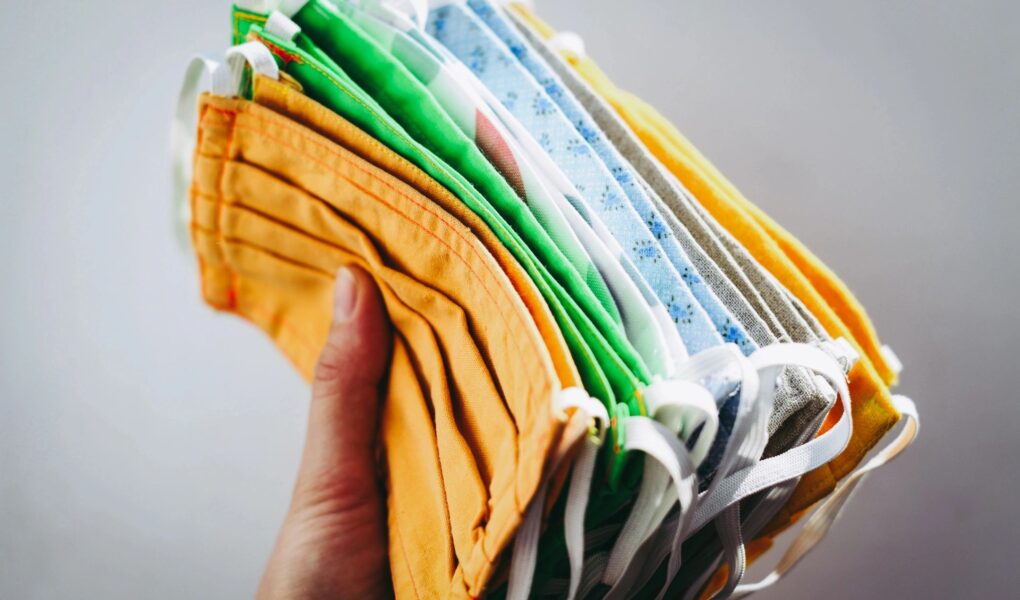The Coronavirus response by the US government is no longer purely medical or scientific. President Trump and his supporters have adopted the belief that wearing a mask is a political statement against the current administration.
But how did this happen?
“While not yet as loaded as a “Make America Great Again” hat, the mask is increasingly a visual shorthand for the debate pitting those willing to follow health officials’ guidance and cover their faces against those who feel it violates their freedom or buys into a threat they think is overblown”. – Will Weissert
Weissert, W. (2020, May 07). Face masks make a political statement in era of coronavirus. Retrieved June 27, 2020, from https://apnews.com/7dce310db6e85b31d735e81d0af6769c
According to Linsey Marr, a Virginia Tech engineering professor with experience in airborne transmission of viruses, “There’s such a strong culture of individualism that, even if it’s going to help them, people don’t want the government telling them what to do.”
Why is President Trump against masks?

It all boils down to his reelection. According to one administration and two campaign officials, Trump believes that wearing a mask would “send the wrong message” by suggesting that he is too preoccupied with health instead of reopening the economy, which his aides believes will resonate the most with his voter base.
Some Statistics

The chances of an American choosing to wearing facial coverings is significantly affected by their political party. Other recommended safety measures like social distancing have mostly bipartisan support, but wearing a mask is more controversial. Democrats are 76% likely to wear a mask when leaving home, compared to the Republican 59% according to a poll by The Associated Press-NORC Center for Public Affairs Research (AP News).
Demographics that lean Democratic also show evidence of a difference in opinion.
- People with college degrees are more likely to wear masks than those without one, 78% to 63%.
- African Americans are more likely than white or Hispanic Americans to wear masks, 83% to 64% and 67%, respectively.
A notable exception is among older people: 79% of 60+ aged people wear masks regardless of the party they support compared to 63% who are younger.This divergent accessorizing once highlighted yet another partisan divide. For Trump allies, going barefaced is all about individual liberty. For Biden supporters, the mask is a symbol of science and sound policy.
Even Republican leaders and officials are advocating for masks. According to Senate Majority Leader Mitch McConnell, “Until we find a vaccine, [masks] are really important. This is not as complicated as a ventilator. This is a way to indicate that you want to protect others. We all need during this period, until we find a vaccine, to think of us as protecting not only ourselves but others.”
What about the science?
“Who knows what the truth is on masks?” asked Republican Kentucky Sen. Rand Paul, who, unlike some of his colleagues, went without a mask in the Senate. Paul already contracted the virus and believes he is no longer contagious.
Weissert, W. (2020, May 07). Face masks make a political statement in era of coronavirus. Retrieved June 27, 2020, from https://apnews.com/7dce310db6e85b31d735e81d0af6769c
Because this virus is new, medical and scientific officials are attempting to keep information as stable as possible. However, the instability of instructions has served as a perfect weapon for President Trump to deny the value in listening to people like Dr. Anthony Fauci and the CDC. For example, Surgeon General Jerome Adams tweeted on February 29, when the coronavirus was just starting to spread in the United States, “Seriously people – STOP BUYING MASKS! They are NOT effective in preventing general public from catching #Coronavirus, but if healthcare providers can’t get them to care for sick patients, it puts them and our communities at risk!”, although recently he tweeted, “I show my patriotism by wearing a face covering in public!”
This constant alteration of something supposedly stable makes people, especially those already weary of wearing masks, uncertain about their final decision.
So what do I do?

You should wear a mask. According to Ayaz Hyder, an epidemiologist at Ohio State University, “The public health community, I think, has been very clear that face masks can help reduce the spread of the virus…”
The current research states that wearing a mask decreases the spread and transmission of Covid-19. According to the CDC, “We now know from recent studies that a significant portion of individuals with coronavirus lack symptoms (“asymptomatic”) and that even those who eventually develop symptoms (“pre-symptomatic”) can transmit the virus to others before showing symptoms. This means that the virus can spread between people interacting in close proximity—for example, speaking, coughing, or sneezing—even if those people are not exhibiting symptoms. In light of this new evidence, CDC recommends wearing cloth face coverings in public settings where other social distancing measures are difficult to maintain (e.g., grocery stores and pharmacies) especially in areas of significant community-based transmission.”





Your concepts are very clear and focused well. From a purely medical point of view current research have enough evidence to prove that a non pharmaceutical method of using face mask, definitely reduces the number of Covid19 cases by preventing transmission. So politics or no politics, I strongly recommend the use of face masks until and unless proved otherwise.